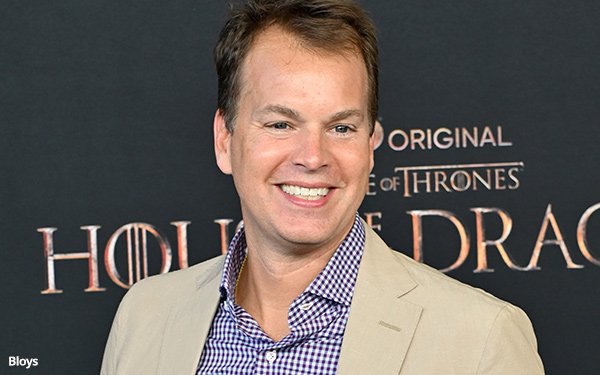
Hyping up your TV pet project can be a
tricky thing. But should you go underground when someone gets under your skin?
How about cajoling, convincing, and perhaps even scaring some TV reviewers, using secret
and bogus social-media accounts? This is something Casey Bloys, now chairman/CEO of HBO, did
some years ago.
Last week in New York at a scheduled programming presentation, after responding to testimony from a former HBO employee's wrongful termination suit against the
company, Bloys apologized for the fake tweets, admitting that he spent an inordinate amount of time scrolling
through Twitter during the pandemic: "I came up with a very, very dumb idea to vent my frustration.”
advertisement
advertisement
It wasn't just one dummy social-media account but many, with regard to
critics' comments and negative reviews of TV shows.
In June 2020, for example, he targeted Vulture TV reviewer Kathryn VanArendonk after she posted thoughts on X (Twitter) about HBO's
revamped TV classic, “Perry Mason.”
All this speaks to what modern-day TV series promotion, advertising, and general awareness can
be all about -- and not just with established critics, business writers, but the whole spur-of-the-moment, off the cuff, social-media world of communications.
Perhaps one should also include
press attention when it comes to pre-set media interviews with talent and creators, and straight-on promotion/on-air advertising campaigns.
Given the plethora of places to place critical
comments about any and all new pieces of entertainment, trying to change public opinion on open media spaces is a fool's errand.
Not only that, but swatting at flies can lead to
entertainment and creative exhaustion. Sometimes you can be stuck with a loser against your best intentions.
Even HBO can admit to shortcomings, probably even “John From
Cincinnati” in 2007 -- a show about miracles, spiritualism, surfing, dirtbags, and honest people.